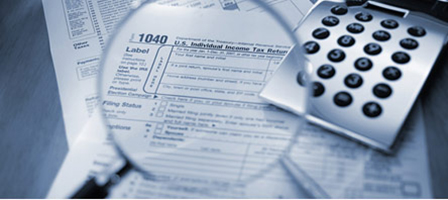On December 22, 2017, The Tax Cuts and Jobs Act was signed into law. The information in this article predates the tax reform legislation and may not apply to tax returns starting in the 2018 tax year. You may wish to speak to your tax advisor about the latest tax law. This publication is provided for your convenience and does not constitute legal advice. This publication is protected by copyright.

Article Highlights:
- Keeping home improvement records
- Home gain exclusion amounts
- Records may be required to avoid tax
Many taxpayers don’t feel the need to keep home improvement records, thinking the potential gain will never exceed the amount of the exclusion for home gains ($250,000 or $500,000 if both filer and spouse qualify) if they meet the 2-out-of-5-year use and ownership tests. Here are some situations when having home improvement records could save taxes:
(1) The home is owned for a long period of time, and the combination of appreciation in value due to inflation and improvements exceeds the exclusion amount.
(2) The home is converted to a rental property, and the cost and improvements of the home are needed to establish the depreciable basis of the property.
(3) The home is converted to a second residence, and the exclusion might not apply to the sale.
(4) You suffer a casualty loss and retain the home after making repairs.
(5) The home is sold before meeting the 2-year use and ownership requirements.
(6) The home only qualifies for a reduced exclusion because the home is sold before meeting the 2-year use and ownership requirements.
(7) One spouse retains the home after a divorce and is only entitled to a $250,000 exclusion instead of the $500,000 exclusion available to married couples.
(8) There are future tax law changes that could affect the exclusion amounts.
Everyone hates to keep records, but consider the consequences if you have a gain and a portion of it cannot be excluded. You will be hit with capital gains (CG), and there is a good chance the CG tax rate will be higher than normal simply because the gain pushed you into a higher CG tax bracket. Before deciding not to keep records, carefully consider the potential of having a gain in excess of the exclusion amount.
If you have questions related to the home gain exclusion or questions about how keeping home improvement records might directly affect you, please give this office a call.

